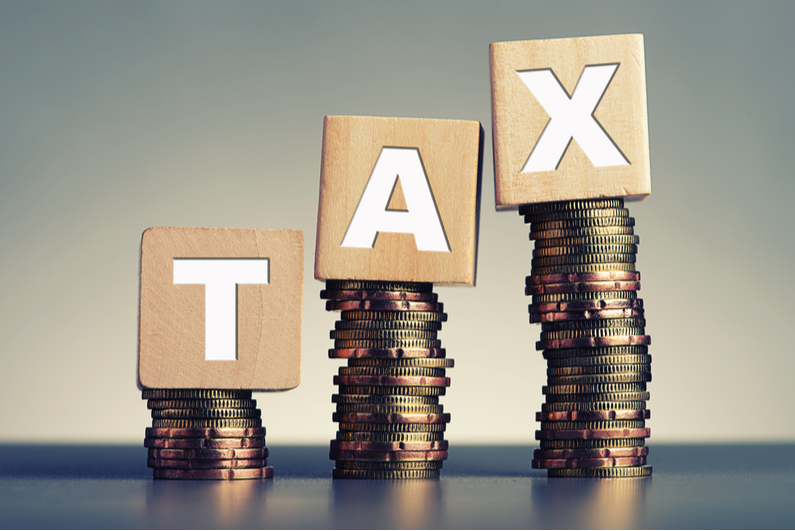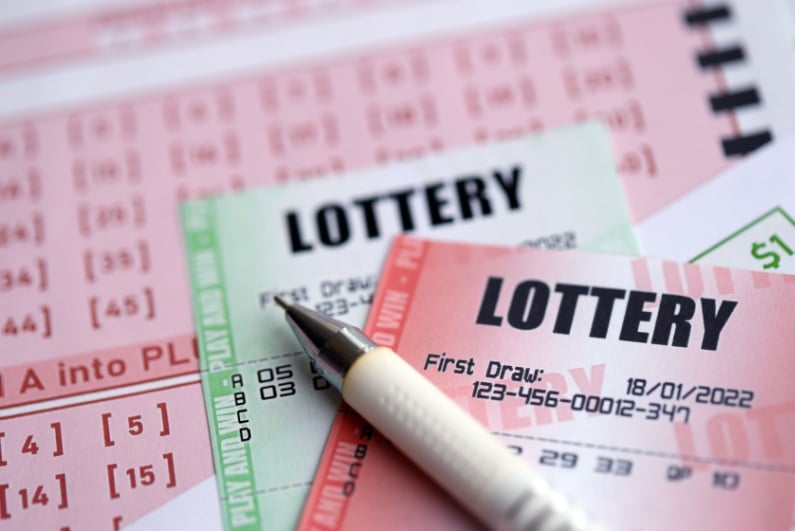An advantage for land-based operators
The European Gaming and Betting Association (EGBA) has made a complaint to the European Commission (EC) regarding Germany’s new online poker and slots tax plans. German lawmakers have proposed a 5.3% tax rate for both online slots and poker.
believes that this tax is ”substantial and unfair” as it gives land-based casinos a tax advantage
The Brussels-based EGBA believes that this tax is ”substantial and unfair” as it gives land-based casinos a tax advantage. The German Bundesrat is still considering the proposed online tax.
The grounds for the EC complaint is that the online tax would be in violation of EU state aid rules as it would favor land-based casinos over online casinos. The EGBA claimed that the implementation of this proposal would mean that online operators would have to pay a rate that is four to five times greater than their land-based counterparts. This would rise to 15 times more for the slot machines that are found in the country’s amusement arcades.
A potentially significant change
The EGBA used the Bavarian gambling market as an example in its complaint. If the proposed tax rate takes effect, the association claims, the land-based operators in the region would benefit from an estimated €290m ($354m) tax advantage. Across the entire country, the EGBA believes that it would benefit land-based operators by €741m ($905m) annually.
According to EU rules, a member state may not help certain companies financially and may not provide such aid to others if it leads to a distortion of fair competition.
The EC will review the complaint and will determine if there has been a violation. If the EC concludes that the EGA’s complaint is valid and that the tax rate in Germany violates EU law, it can begin a recovery case to remove the advantage and to return the market to its original state. The maximum recovery period is ten years.
No plans to back down
The EGBA has already made it clear that it plans to fight the proposed tax rate and is committed to taking further action if the German authorities attempt to proceed. Speaking about the importance of this matter, EGBA secretary general Maarten Haijer said: “We have previously made our concerns about the tax proposal known to the German authorities but to no avail and they will now need to justify the measure under EU law.”
Haijer did acknowledge the attempts that German lawmakers have been making in recent years to introduce comprehensive regulations for the online gambling sector. He also noted that online gambling operators will need to pay an “appropriate tax.”
However, Haijer stated that the current proposed tax rate is “punitively high” and will affect market competition by directly benefiting land-based operators. He wants German politicians to reconsider the matter and to potentially look at the tax rates that other EU nations implement on online casino offerings.




